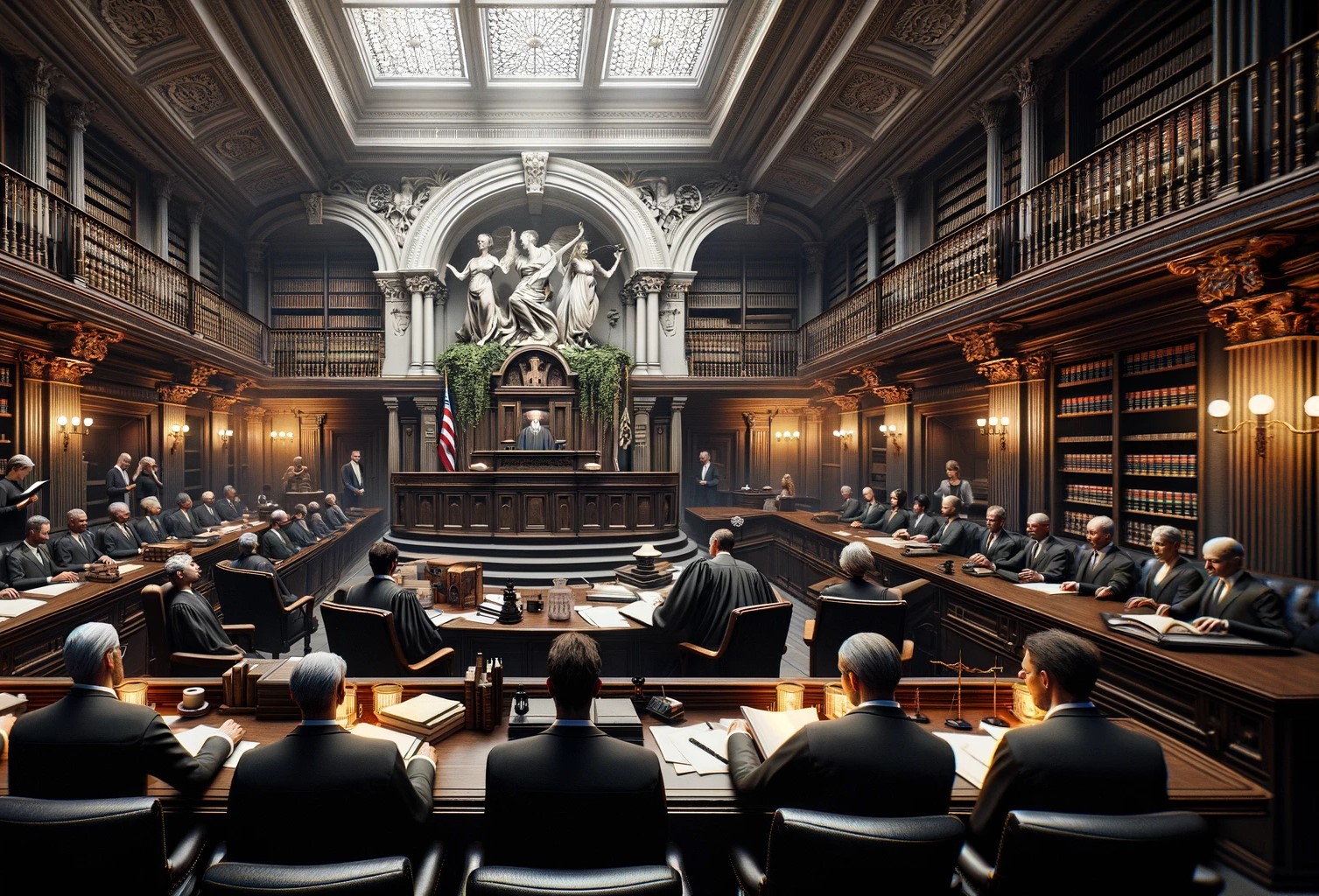FOR Communication 2/2024: Government’s draft act on the National Council of the Judiciary: correct direction, insufficient safeguards

The draft amendment to the Act on the National Council of the Judiciary presented by the Minister of Justice stipulates a return to the election of the judicial part of the Council by judges. Complemented with the proposal to grant all judges - not just their representatives - an active and passive electoral right, the project aims to ensure the independence of the NCJ and limit the influence of politicians on the judges’ nomination process. Although most of the proposals in the project are reasonable, some of them may preserve the “corporate” nature of the Council and insufficiently guarantee its democratic legitimacy.
Correct direction of changes
The draft act has been a subject to broad consultations. The Civil Development Forum also presented its comprehensive opinion, the summary of which is presented in this communication.
The Ministry’s of Justice proposal focuses on changing the model for selecting 15 members of the NCJ from among judges. Instead of the current regulations, where judges to the Council are elected by the Sejm, it is planned to return to the practice where judicial community indicate their representatives. However, unlike in regulations before 2018, the election is to be carried out by all eligible judges, not just their representatives sitting in assemblies or unions of judges.
Moving away from the politicized appointment of NCJ members from among judges is a good solution, ensuring the independence of the Council and limiting the influence of other powers on the judicial nomination process. It is worth to remind that due to the flawed composition of the Council, judges selected by this body do not provide the standard of the right to a fair trial, as established by both Polish and European courts. Thus, resolving the NCJ issue is crucial from the perspective of ensuring the rule of law standards in Poland.
Nevertheless, in our opinion, this requires the adoption of ambitious, thoughtful, and innovative solutions, as - alongside ensuring the right to a fair trial - it is also important to:
- Guarantee the democratic legitimacy of the Council.
- Limit the risk of conflicts of interest and minimize the "corporate" nature of the NCJ.
- Reduce the noticeable polarization within the judiciary.
- Enable sufficiently broad citizen oversight of the Council's work.
The full content of the publication can be found in the file to download below.
Contact to authors:
Patryk Wachowiec, FOR legal analyst
[email protected]
Eryk Ziędalski, FOR junior legal analyst
[email protected]
Files to download

